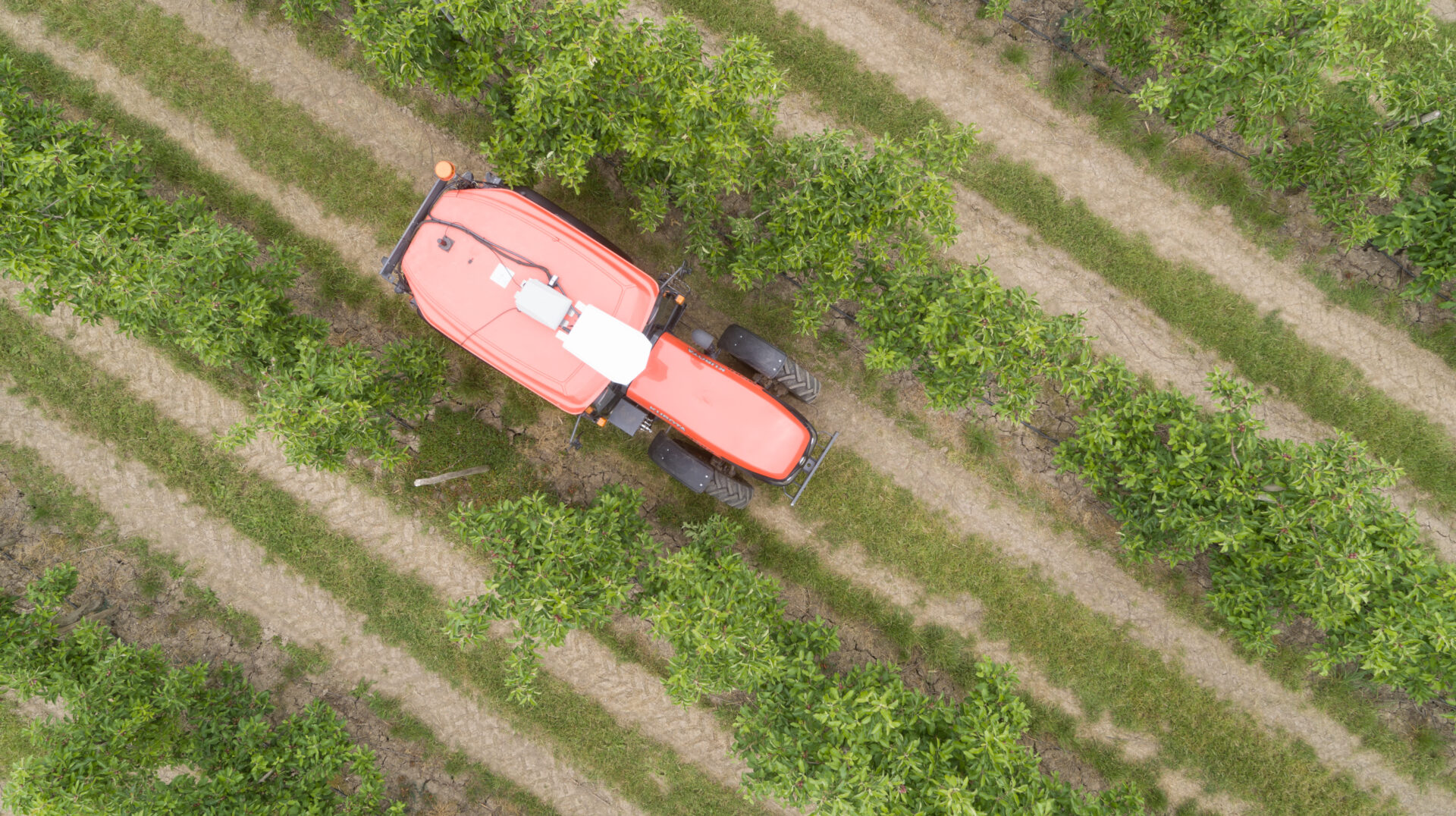
Like other big-name agribusiness companies with a longstanding history and legacy, Kubota is turning more and more to startups these days to accelerate the pace of agtech innovation.
The Osaka, Japan-based equipment manufacturer’s roots date back to the 1890s. However, it’s towards “new and unseen value” the company has set its sights.
“We need to develop new products, services, and businesses that go beyond the needs of today to anticipate the social issues that could arise in the near future,” the company notes. “The new and unseen value that these will create is what Kubota considers innovation.”
Partnerships—with startups but also researchers, universities, and others—are central to Kubota’s agtech innovation strategy, says Daria Batukhtina, senior manager strategic business development for Kubota Europe.
A ‘fast-track’ path for startups
Its “open innovation” framework means the company looks beyond the borders of its own internal teams when developing new technologies for the farm, capitalizing on the faster, nimbler nature of most startups. This is true not just of company operations in Europe but around the world.
“We build a fast-track path for startups so they can reach the Kubota sales channel to validate a product or technology on the markets globally,” explains Batukhtina.

While this arrangement has obvious benefits for startups, it also gives Kubota faster, cheaper access to new technologies than it might be able to develop on its own.
Of course, companies working with Kubota need to be tackling customers’ major pain points, focusing on areas such as weeding, harvesting, and spot spraying, says Batukhtina.
“The startup’s goals also need to align with Kubota’s strategic corporate goals, which basically means they should be resolving some environmental problems or local issues like labor shortage for manual work,” she notes.
For example, its KFAST autonomous sprayer was developed jointly with Spain-based FEDE (Pulverizadores Fede). Kubota has also partnered with and invested in French precision viticulture startup Chouette to develop automation solutions for vineyards as well as invested in UV Boosting, another French startup.
“Startups need to understand that when they start this process, they should have an action plan and an idea of when the testing could convert into a discussion about real sales volumes and business with Kubota,” says Batukhtina, adding that this could happen with or without monetary investment.
The main bottleneck for agriculture autonomy
Potential partners must also building the kind of business farmers can learn to put their trust in.
Farmer mindset around automation is changing, says Batukhtina, as more of them are exposed to the tools and have positive experiences with them.
For Kubota, providing a positive farmer experience means “good service and good customer support provided by agtech suppliers.”
“It’s easy to sell a robot to a farmer nowadays, if it’s a good product,” she says. “But it’s difficult to support and maintain the product with early customers, because startups really need to have good customer support and maintenance.”
Moreover, that customer support has to stay available as the company scales from servicing a handful of farmers to hundreds or even thousands. That’s no small feat, suggests Batukhtina, especially in today’s economic environment.
Failure to provide that ongoing support and service only erodes trust with the farmer.
“So all that said, knocking on the door of the farmer is not efficient. That’s the challenge for companies wanting to reach a certain adoption rate in different regions, and I would consider it a main bottleneck for autonomy right now.”

What farmers really want
At the end of the day, good agtech innovation is about providing a final product farmers actually want, says Batukhtina.
“What’s inside it—blockchain, AI, whatever—they don’t care. They care about total cost of ownership and whether the tech can be integrated into their existing farming practices.”
They also want to know if Startup X will still be around tomorrow, or next year, or the year after, to provide ongoing support, proper maintenance, and spare parts to equipment when needed.
All of this takes time to prove out to farmers, adds Batukhtina.
“You need to become a trustful partner and you need to acknowledge that it takes seasons to reach that trust.”
The post Real agtech innovation means ‘providing a final product farmers actually want’ says Kubota manager appeared first on AgFunderNews.



